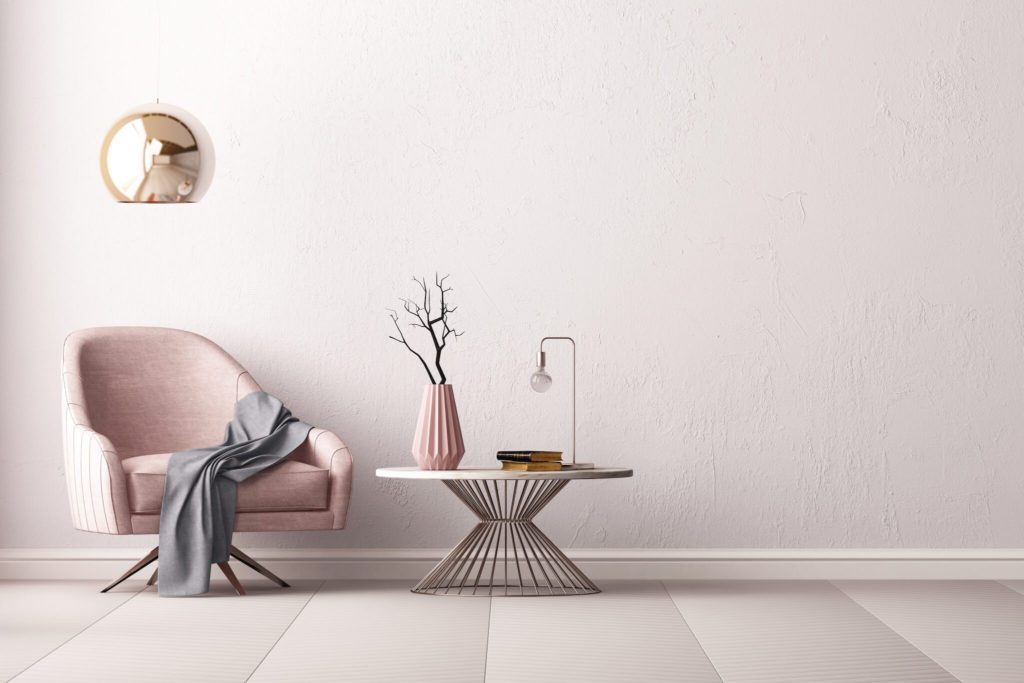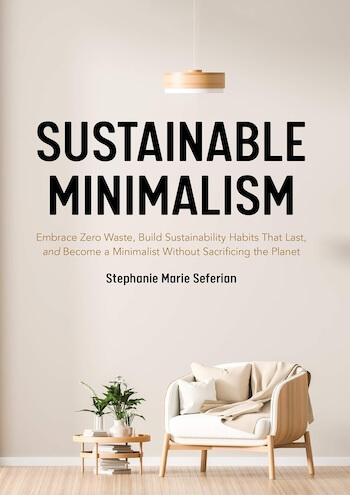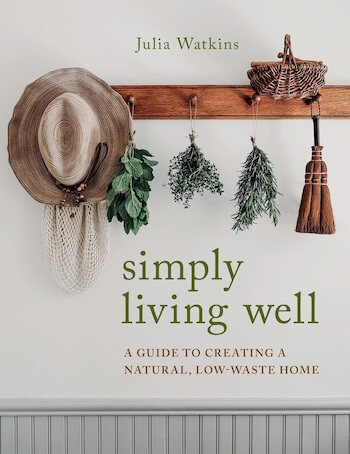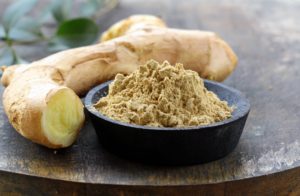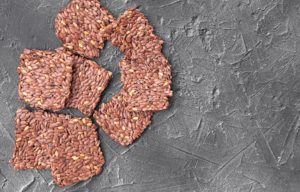When someone says ‘minimalism’ to you, what springs to mind? An intimidatingly chic living space in an interior design magazine? A monk sitting in a bare room with nothing but a meditation mat?
If this is your idea of minimalism, then understandably, it might be difficult to imagine it ever fitting in with your life (including with your partner, children, or pets). Instead, it probably feels like an unattainable — and possibly quite unappealing — ideal.
But in actual fact, minimalism isn’t about stark designer lifestyles or self-denial. And it’s also not about tidying up, giving away everything you own, or whittling down your possessions to 20 essential things (or 15, or five). And it’s definitely not just about aesthetics — far from it.
Instead, minimalism is an intentional practice that can create the space — physically, mentally, and emotionally — to live a richer, freer, more meaningful life. It is a shift in lifestyle and mindset that doesn’t happen overnight but is well worth the journey.
In essence, minimalism is the practice of focusing on the things that you value most, then taking away everything that distracts you from them. And this doesn’t just include material possessions but can also involve being more mindful about how you spend your time (and even the relationships that you let into your life).
And when you think about minimalism in this way — as a practice for removing all of the distractions from what really matters — you realize that it isn’t about giving things up. Instead, it’s about putting the important stuff right at the center. What’s more, by removing everything non-essential and superfluous, you can create more space for your dreams to breathe.
While some aspects of minimalism might be about taking things away, you will also gain a lot in the process. As you remove unneeded or unwanted items from your life, you will clear away the obstacles that lie between you and what really matters.
But what does this actually look like in practice? To get started, here are three key ways to shift into a more minimalist lifestyle:

1. Let go of everything you don’t need — but take it slowly
Maybe you have the idea that minimalism involves one big, epic, week-long clear-out where you ruthlessly dispose of every single excess belonging.
Well, if that works for you, go for it!
But for most of us, the journey is a little more complicated. It takes time and also requires plenty of self-compassion. That is because many of us tend to have an emotional relationship with our possessions and might really fear letting things go for all sorts of reasons (after all, maybe those ’80s day-glow socks might come in useful one day?).
So instead of aiming for one big purge of your belongings, it might be more useful to turn decluttering into a weekly ongoing practice.
For instance, you could set aside a couple of hours each week to tackle one space at a time (such as your desk drawers, under your bed, or the back of your closet). Or alternatively, you could choose one category of objects to work through, like books, clothes, or larder items. And by taking things gently and step by step, you will gradually get better at discerning what to keep and what to let go of.
Remember, it’s not about having fewer things just for the sake of it — it’s about making mindful decisions about what you are ready to say goodbye to. It is a process, not some endpoint you must race towards. Embrace it.
2. Be conscious of what you bring into your life
Most of us own far more than we could ever need or even want. For instance, there is a good chance that you currently have a wardrobe, attic, garage, or even external storage space packed with stuff that you never use. Yet keeping on top of these things can be a real drain on your time, energy, and even money. Find out how clutter influences your brain==>>
That is why one key aspect of minimalism is to acquire new things mindfully — in other words, to be truly conscious of what you bring into your life in material possessions. Part of this involves becoming aware of how consumerism and advertising might be influencing you.
For instance, we grow up being told repeatedly that we always need newer and better things. As a result, it can be really hard to unpack a lifetime of these messages, especially if our values get wrapped up in them. But most people know deep down that more possessions don’t necessarily lead to more satisfaction.
So aim to be aware of the effects that advertising — and consumer values as a whole –might be having on you. Try to question anything (sleek store layouts, credit card offers, Black Friday sales) that seems to be driving a desire in you to consume. Before you make a purchase, try pausing for a moment to ask yourself, ‘Do I really need this? Or have I been influenced or conditioned to need it? What emotional need do I think it will meet? Are there better ways to meet that need?’
Instead of indulging in shopping sprees or splurges — or being seduced by the latest sale — try to practice mindfulness with each and every purchase. It might save you quite a bit of money in the process.

3. Apply minimalism to your schedule as well
We tend to think of minimalism as a lifestyle practice based on physical spaces. For instance, how much stuff do you have? And how is it all placed and arranged?
But of course, we have learned that it goes much deeper than that. One way to create a truly holistic practice is to look at the things that are cluttering up your time, too. For instance, do you spend hours each day scrolling social media? Or binge every evening on streaming platforms? Or does gaming take over your weekends?
Of course, there is nothing wrong with any of these activities. But if you feel that they are cluttering up your week to the point where things that matter more are being ignored, then maybe you could explore that.
For instance, perhaps you’d like to spend more time exercising, gardening, traveling, studying, creating art, volunteering, hiking in nature, enjoying a hobby, or spending quality time with loved ones. If so, then why not apply minimalist principles to your schedule?
You could start by drawing up a timetable of your activities in a typical week (and make sure to include the less apparent time-eaters that you might not consider, such as Instagram). Then work out what activities really matter to you — and what don’t. Aim to remove anything that looks like clutter or even mess. Then enjoy having new, clean white spaces in your schedule for the things that really matter.
Of course, this practice is about a lot more than weekly planning; it’s also about becoming mindful of your unconscious habits from moment to moment. For instance, do you pick up your phone the minute you come home from work? Are you wasting hours this way? Is there a way that you could make a change, for instance by creating a new habit of going on a walk when you get home?
Minimalism is a journey and one that’s unique to you. It’s not about pushing yourself to have an ideal number of possessions, and it’s certainly not about self-denial. Instead, it’s about clarifying what really matters, then turning your attention to that and removing any distractions. When you do this, your home will become lighter, your thoughts clearer, and what’s more, your life might feel a lot more meaningful.
YOU MAY ALSO LIKE:
GINGER: MIRACLE ROOT THAT YOU NEED IN YOUR DIET
Everyone’s heard of ginger before. It’s a common cooking ingredient, a great way to add flavor to meals, but ginger (also…
RAW FLAX CRACKERS WITH TURMERIC
We all need a good snack to tide us over during the day and these flax crackers can be used in…
WHY WE NEED IODINE IN OUR DIET
According to WebMD, since the early 70s changes in Americans’ diet have led to decreasing intake of iodine. We need iodine…
COLOSTRUM BASICS: WHAT IS IT & WHY IS IT USED AS A SUPPLEMENT (part two)
Colostrum Basics: What Is It & Why Is It Used As A Supplement (part one) ==> Here are some of the…
MOVE OVER APPLES: LIMES MAY KEEP THE DOCTOR AWAY
Eating fruit is a great way to fuel the body with important nutrients that help strengthen immunity and fight disease. While…
KAPHA BALANCING FOODS
To balance Kapha, it is important to rise early in the morning, before 6 a.m., and engage in gentle exercise for…

